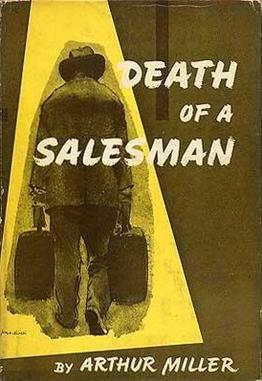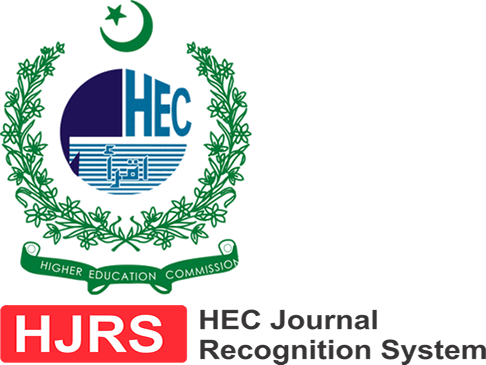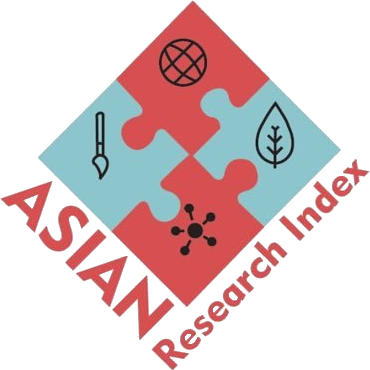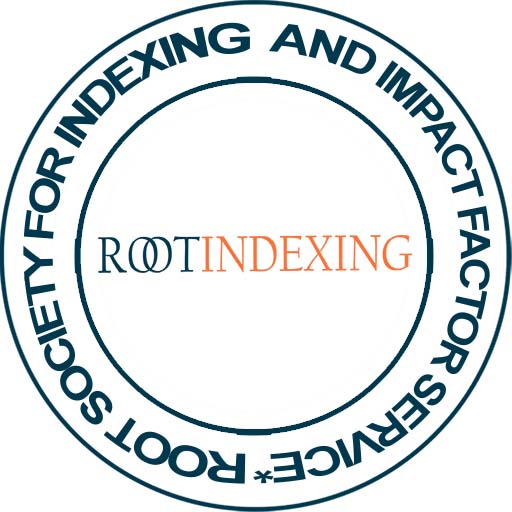SPRAWL AND HUMAN MISERY: AN ECOMARXIST READING OF ARTHUR MILLER’S DEATH OF A SALESMAN
DOI:
https://doi.org/10.5281/zenodo.10359613Keywords:
Market, Sprawl, Consumer culture, Marketecture, DepressionAbstract
The study explores connection between emerging Markets and human misery in Death of a Salesman, focusing to prove Market reigns supremacy in the lives of Americans under the guise of ‘modernity’. The new Split in the personality of characters in the play is tallied to the ‘changing times’. The so-called progress has created an ‘industrialized world’ where the characters are unwillingly voyaging in the economic direction. The protagonists in the narrative are depicted as disconnected from the natural world, instead actively participating in market, pursuing marketecture, and contributing to the prevalence of consumerism within a society influenced by marketecture. The phenomenon emerges from urban sprawl disrupts the ecological equilibrium, leading to detrimental consequences for the individuals in United States. The phenomenon of urban expansion significantly impacts the development of characters and their outlook on life, exerting influences across many levels of society, ranging from private residences to larger communal spaces.
References
Akins, A. (2009). Saving Face: A Sociolinguistic Analysis of Corporate Downsizing in Death of a Salesman. The Arthur Miller Journal, 4, 5-12.
Anwar, N. (2018). Capitalism versus Narcissism: Death of a Salesman’s Psychoanalytic Critique. International Journal of English and Literature, 9, 31-38. https://doi.org/10.5897/IJEL2018.1168
Boothroyd, R. A., et. (2006). Poor and Depressed, The Tip of the Iceberg: The Unmet Needs of Enrollees in an Indigent Health Care Plan. Administration and Policy in Mental Health and Mental Health Services Research, Vol. 33, No. 2
Chavkin, A., & Chavkin, N. F. (2015). Looking at Arthur Miller’s Death of a Salesman through the Lens of Interpersonal Acceptance and Rejection Theory and Family Systems Theory. The Arthur Miller Journal, 10, 27-44. https://doi.org/10.5325/arthmillj.10.1.0027
Eagleton, T. (1976). Marxism and Literary Criticism. University of California Press.
Harshbarger, K. (1979). The Burning Jungle: An Analysis of Arthur Miller’s Death of a Salesman. University Press of America.
Krunstler, J. (1993). The Geography of Nowhere: The Rise and Decline of America’s Man- Made Landscape. United State: Simon & Schuster.
Krunstler, J. (1996). Home from Nowhere: Remaking Our Everyday World for the 21st Century. United State: Simon & Schuster.
Krunstler,J. (2001). The City in Mind: Notes on the Urban Condition. New York: Good reads.
Krunstler, J. (2005). The Long Emergency. New York: Amazons books.
Krunstler, J.(2012). Too Much Magic . New York: Amazons Books.
Krunstler, J.(2020). Living in the Long Emergency. United State: Simon & Schuster.
Marx, K., & Engels, F. (1964). The Communist Manifesto. Trans. P. M. Sweezy. Monthly Review Press.
Miller, A. (1958).Collected Plays. Cresset Press.
Nechyba, T, J., & Randall, P. W. (2004). “Urban Sprawl.” Journal of Economic Perspectives, 18 (4): 177-200.
Putman, R. (1973). The Beliefs of Politicians: Ideology, Conflict, and Democracy in Britain and Italy New Haven. Yale: Yale University Press.
Putman, R. (1973). The Comparative Study of Political Elites Englewood Cliffs. New Jersey: Prentice-Hall.
Putman, R., et al. (1973). Bureaucrats and Politicians in Western Democracies. New York: Cambridge University Press.
Putman, R., et al. (1973). Hanging Together: Cooperation and Conflict in the Seven-Power Summits. New York.
Right, F. W. (1928). “In the Cause of Architecture, VI: The Meaning of Materials – Glass”. The Architectural Record, 64(July 1928), 10–16.
Vos, J.D., & Witlox, F. (2013). Transportation policy as spatial planning tool; reducing urban sprawl by increasing travel costs and clustering infrastructure and public transportation. J. Transp. Geogr. 2013, 33, 117–125.
Wilson, E., & Goldfarb, A. (1983). Living Theater: An Introduction to Theater History. McGraw

Downloads
Published
How to Cite
License
Copyright (c) 2023 AL MISBAH RESEARCH JOURNAL

This work is licensed under a Creative Commons Attribution 4.0 International License.
AL-MISBAH Research Journal is full open access and licensed under Creative Commons Attribution 4.0 International License; and Published by: Research Institute of Culture & Ideology (REINCI), Islamabad, Pakistan. This allows the research community and the general public to gain unlimited, free and immediate access to scholarly articles, and to reuse the content freely provided that proper attribution is given to the original authors.









